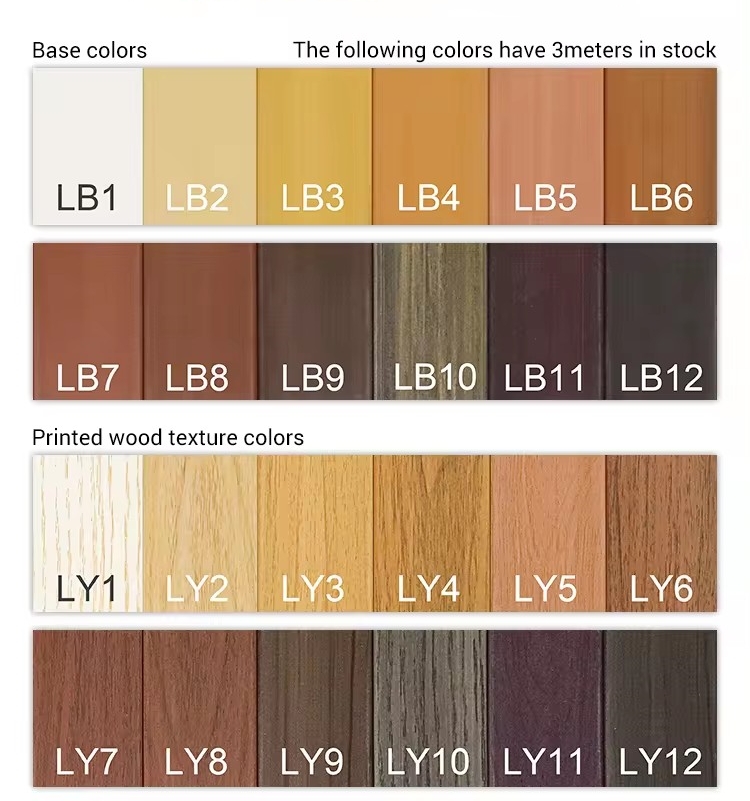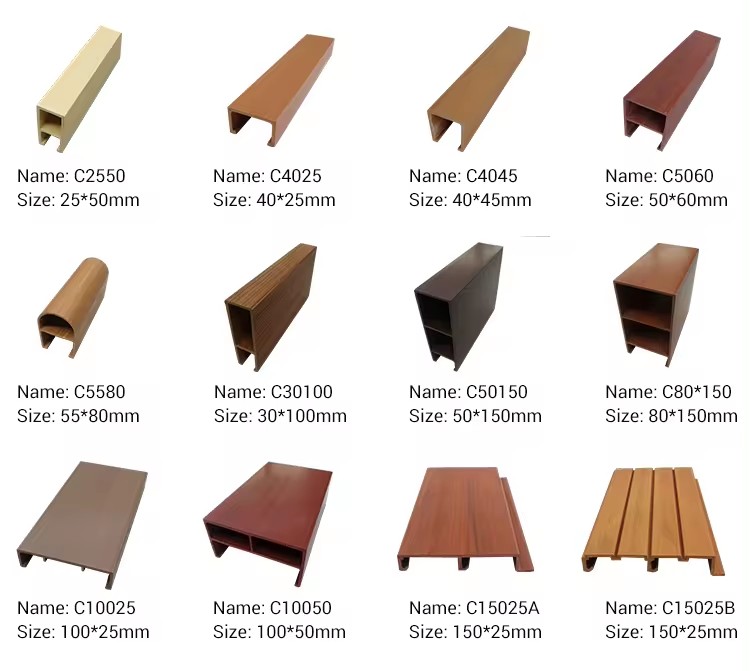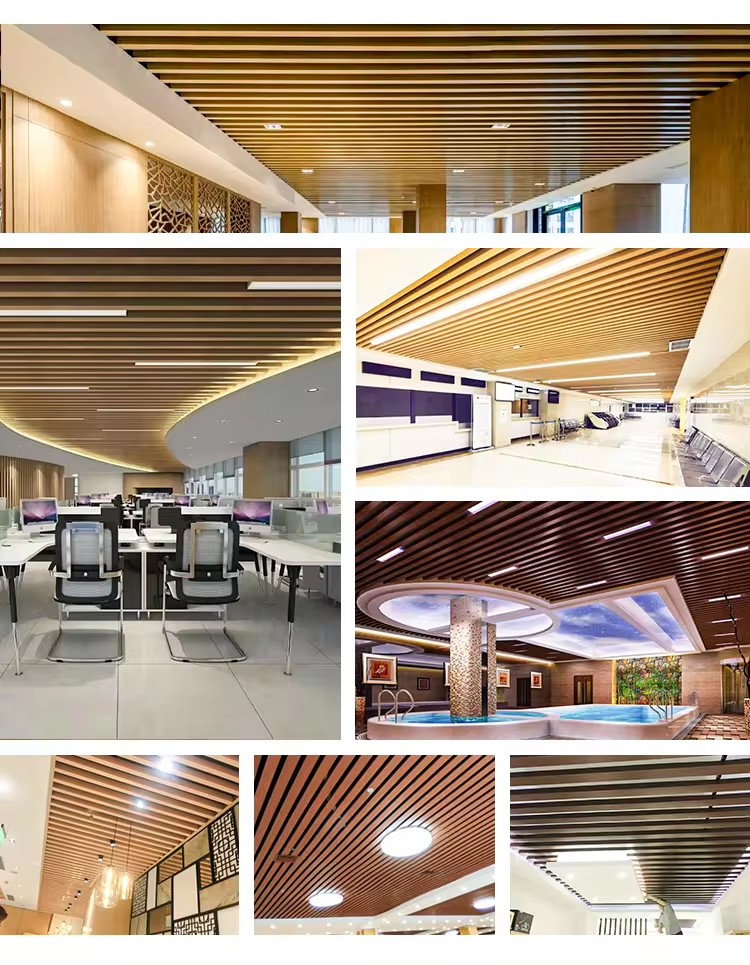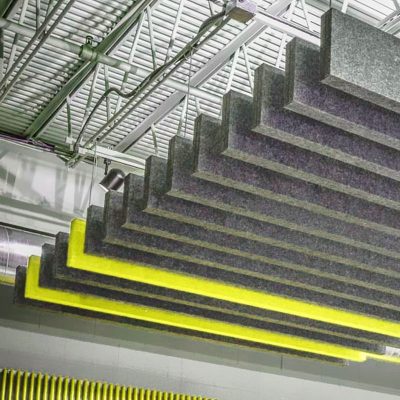
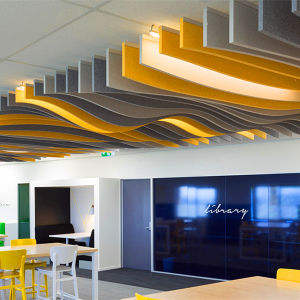


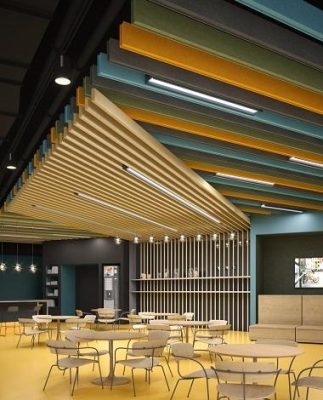
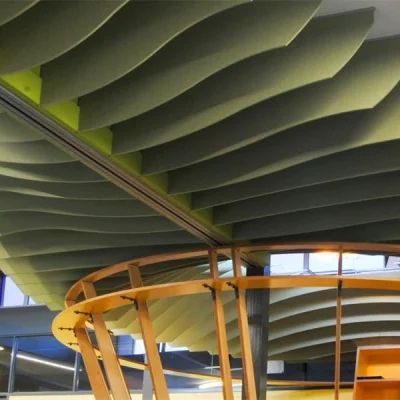
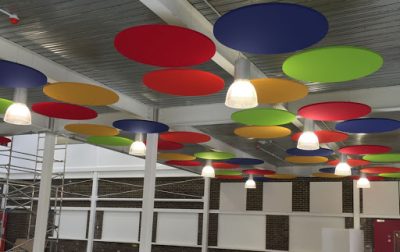
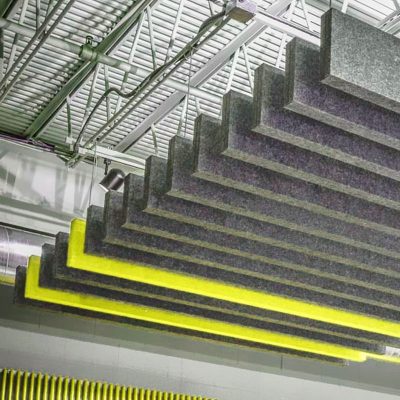
| Item | Suspended Ceiling Tile |
| Size | Dimensions of the suspended ceiling tiles |
| Weight | Weight of each tile |
| Material | Type of material used (e.g., mineral fiber, gypsum, metal) |
| Design | Pattern or design embossed on the tiles |
| Edge Type | Type of edge (e.g., square, beveled) |
| Surface Finish | Finish of the tiles’ surface (e.g., smooth, textured) |
| Installation Method | How the tiles are installed (grid system, adhesive, etc.) |
| Fire Resistance | Level of fire resistance (if applicable) |
| Acoustic Properties | Sound absorption capabilities |
| Thermal Insulation | Insulation properties against heat transfer |
| Moisture Resistance | Resistance to moisture and humidity |
| Price | Cost per tile or per square foot |
| Manufacturer | Company or brand producing the tiles |
Suspended ceiling tiles, also known as drop ceiling tiles, offer a practical and versatile solution for enhancing the appearance and functionality of ceilings in various environments. These tiles are typically made from materials such as mineral fiber, gypsum, or metal and are designed to be installed in a grid system that hangs below the structural ceiling.
One of the primary benefits of suspended ceiling tiles is their ability to conceal unsightly infrastructure such as ductwork, wiring, and piping while providing easy access for maintenance and repairs. This makes them particularly well-suited for commercial spaces like offices, schools, and healthcare facilities where accessibility and functionality are paramount.
Suspended ceiling tiles come in a variety of designs, sizes, and finishes, allowing for customization to match different aesthetic preferences and interior styles. Whether seeking a smooth and modern look or a more textured and traditional appearance, there are tiles available to suit every need.
Additionally, suspended ceiling tiles may offer practical features such as fire resistance, acoustic properties for sound absorption, and thermal insulation for improved energy efficiency. They are also often resistant to moisture and humidity, making them suitable for use in environments like basements or bathrooms where dampness may be a concern.
Overall, suspended ceiling tiles provide a cost-effective, versatile, and aesthetically pleasing solution for upgrading and enhancing ceilings in a wide range of settings, improving both the visual appeal and functionality of interior spaces.
